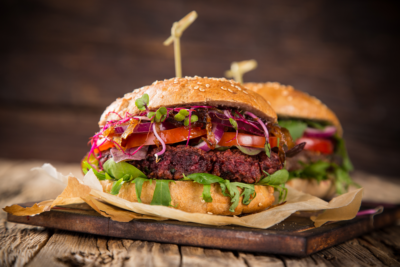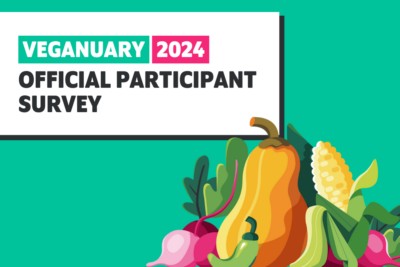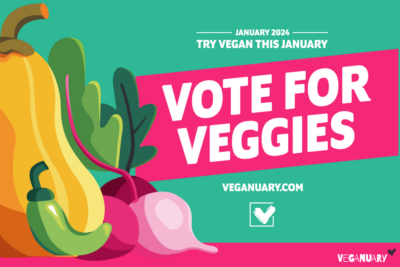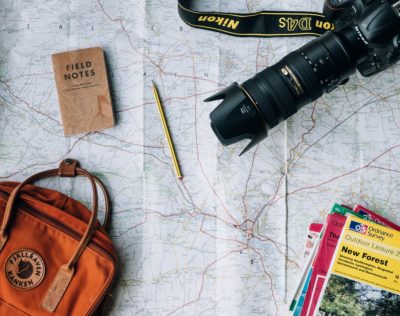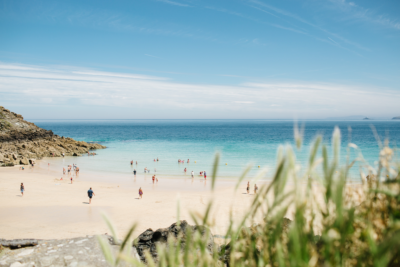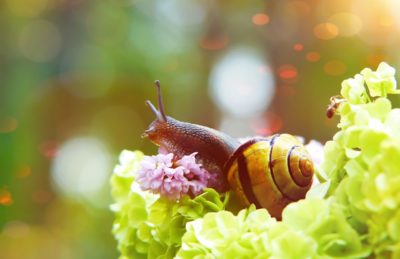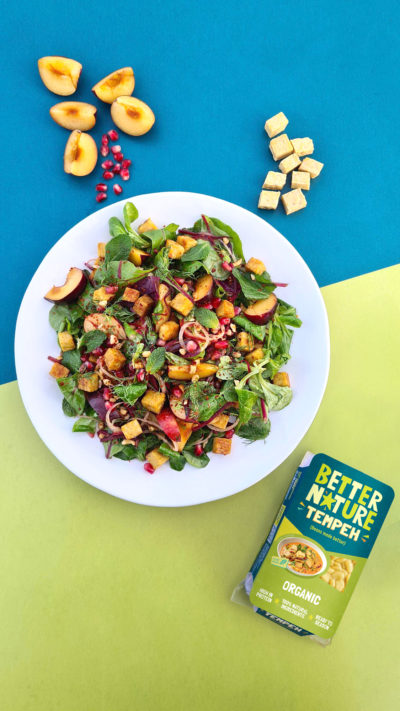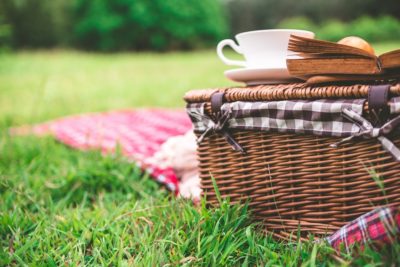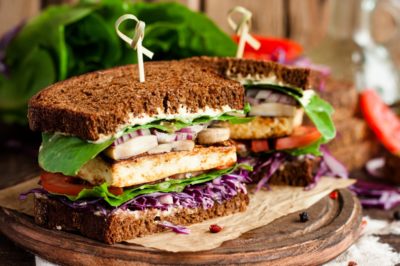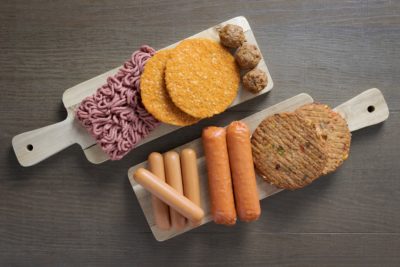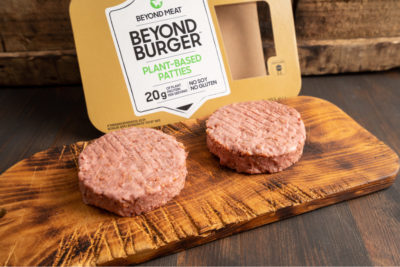Sadly, it does. Wild animals are at risk from all human activities and farming is no exception. Land clearance, pesticides and harvesting machines all have a direct and negative impact on the lives of our wild friends.
But the truth is that omnivores eat more of these crops than vegans, and therefore have a bigger impact on wildlife. It sounds counter-intuitive but it’s true. The vast majority of the world’s harvest is fed to farmed animals, and so those who consume animals are also consumers of all the grain, soya and other crops that go into animal feed. And because animals are inefficient at converting grain to muscle, a lot more goes in than comes out. According to The Economist ‘Chickens and pigs convert grain into meat at rates of two or three to one (ie, it takes 2kg of feed to produce 1kg of chicken). The ratio for lamb is between four and over six to one and that for beef starts at five to one and goes as high as 20 to one.’ It’s incredibly wasteful of crops, and the lives of wild animals, too.
Choosing vegan is not a perfect answer to ending all animal suffering. This is, after all, an imperfect world. What’s important is that being vegan significantly reduces wild animal suffering, while eliminating all intentional harm to farmed animals.
How can we be kinder still with our food choices? We can choose to buy organic wherever possible. This means fewer chemicals are used in their production, so fewer bugs are killed and they then support the lives of other animals higher up the food chain. Organic farmers also tend to leave larger, more diverse hedgerows and habitat links to support wild animals. The Soil Association in the UK also states that organic farmers don’t cut their hedgerows between March and August to allow wildlife to thrive within the growing and breeding season. There is also evidence to suggest that some of the chemicals used on farms play a part in the decline of pollinators, like honeybees.
Organic foods are more expensive than non-organic in most cases. But many vegans see their purchase as a charitable contribution to an environmental cause, and buy what they can afford. Buying even a small percentage of organic food is better than buying none.
Those with a garden may be able to grow some of their own vegetables or plant a fruit tree. Those without may be able to grow herbs in a pot on a windowsill or some salad leaves in a window box, thereby contributing just a little less to the industrial world of chemicals and agriculture’s effect on wildlife.

